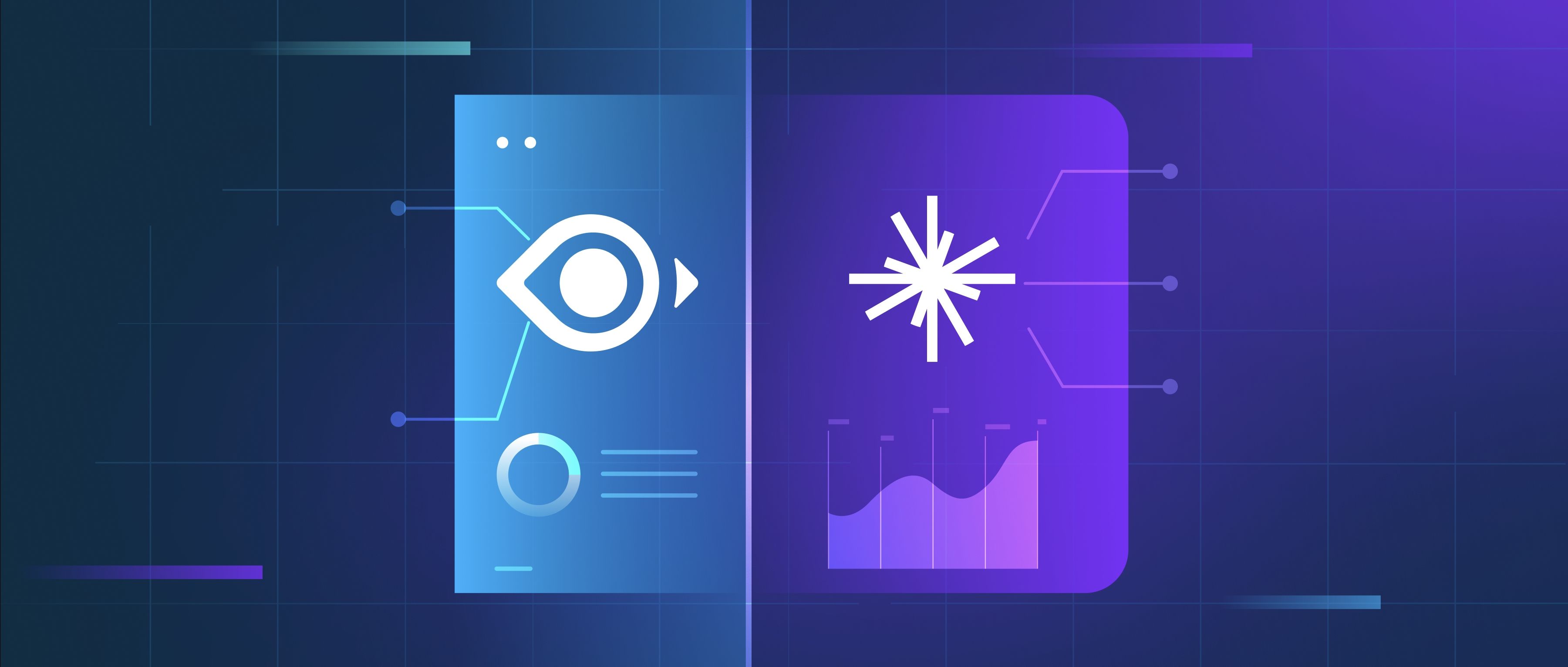Whether Google Vision or Microsoft Azure is better depends on the specific use case, as both offer robust computer vision APIs with unique strengths. Google Vision API excels in text recognition (OCR) and provides advanced capabilities for analyzing large-scale images using its integration with Google Cloud services. It supports features like landmark detection, logo detection, and custom model training through AutoML Vision. Microsoft Azure Computer Vision API, on the other hand, offers strong integration with Azure’s ecosystem and focuses on comprehensive image analysis, including face recognition, object detection, and handwriting OCR. It also provides video analysis capabilities through its Video Indexer service. Both platforms are highly scalable and provide pre-trained models, but Google Vision may be more suitable for use cases involving natural scene text detection or large-scale applications. Conversely, Azure may be preferable for applications requiring seamless integration with other Azure services or video analytics.
Is Google Vision better than Microsoft Azure?

- Master Video AI
- Natural Language Processing (NLP) Advanced Guide
- The Definitive Guide to Building RAG Apps with LlamaIndex
- Vector Database 101: Everything You Need to Know
- Getting Started with Milvus
- All learn series →
Recommended AI Learn Series
VectorDB for GenAI Apps
Zilliz Cloud is a managed vector database perfect for building GenAI applications.
Try Zilliz Cloud for FreeKeep Reading
How will quantum computing affect vector search?
Quantum computing holds the potential to transform vector search by offering significant improvements in computational p
What are the differences between open-source and proprietary document databases?
Open-source and proprietary document databases differ primarily in their licensing, cost structure, and customization ca
How do recursive queries work in SQL?
Recursive queries in SQL are primarily handled using Common Table Expressions (CTEs). A recursive CTE allows you to quer